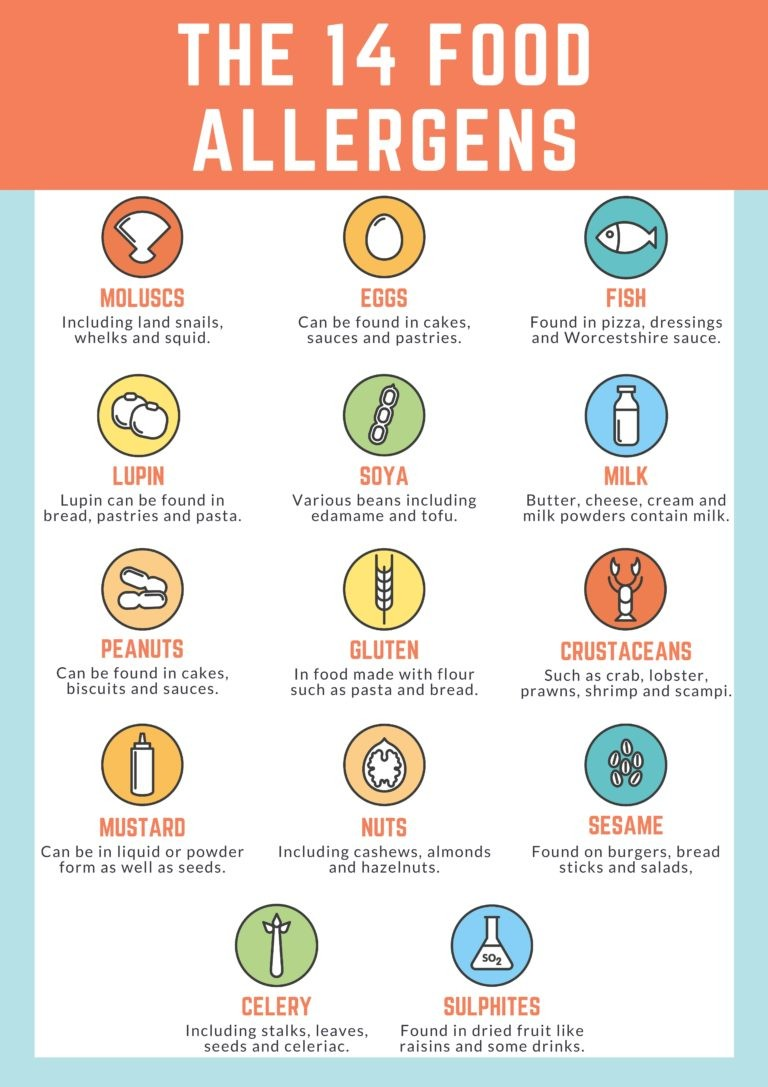Prepacked for Direct Sale Food (PPDS)
Ever heard of the term Prepacked for Direct Sale (PPDS) as relates to food?
Food is said to be prepacked for direct sale when it is sold directly to consumers at the same location it was prepared and packaged.
I'll give two examples:
- The sharwama you bought at your favorite sharwama spot is PPDS.
- The smoothie you bought from the juice and smoothies spot is PPDS.
 Click Here to Join the Over 1000 Students Taking our Highly Rated Courses on Quality Assurance/Quality Control, Food Safety, Lean Six Sigma, Lean Manufacturing, Six Sigma, ISO 9001, ISO 14001, ISO 22000, ISO 45001, FSSC 22000, Product Development etc. on UDEMY.
Click Here to Join the Over 1000 Students Taking our Highly Rated Courses on Quality Assurance/Quality Control, Food Safety, Lean Six Sigma, Lean Manufacturing, Six Sigma, ISO 9001, ISO 14001, ISO 22000, ISO 45001, FSSC 22000, Product Development etc. on UDEMY.
Note that PPDS food does not include food products made to be sold out to retailers who sell to consumers in other locations. In Nigeria where I reside, I have never bought food that was PPDS which has ingredient listing (allergen declaration inclusive) on it. Or have you? I'm just curious.0n July 17 l2016, Natasha Ednan-Laperouse, a 15 year old girl from Fulham, West London died after eating baguette (🥖) she bought which contained sesame seed as one of the ingredient of which she was allergic to.
In October 2021, the Natasha's Law took effect in England, Wales, Scotland and Northern Ireland.
Natasha's Law is a food safety law that requires all food outlets to provide full ingredients listing with clear allergen labelling on all food that is prepacked for direct sale (PPDS). The law was named after Natasha as it happened following her tragic death.
 Click Here to Join the Over 1000 Students Taking our Highly Rated Courses on Quality Assurance/Quality Control, Food Safety, Lean Six Sigma, Lean Manufacturing, Six Sigma, ISO 9001, ISO 14001, ISO 22000, ISO 45001, FSSC 22000, Product Development etc. on UDEMY.
Click Here to Join the Over 1000 Students Taking our Highly Rated Courses on Quality Assurance/Quality Control, Food Safety, Lean Six Sigma, Lean Manufacturing, Six Sigma, ISO 9001, ISO 14001, ISO 22000, ISO 45001, FSSC 22000, Product Development etc. on UDEMY.
Personally, I think a law such as this is worth embracing not just in the United Kingdom but in other countries of the world because food allergy is real and allergen labelling can help save lives.
The Food Standards Agency identified the following 14 allergens that must be listed if present in food. They are: celery, cereals containing gluten (such as barley and oats), crustaceans (such as prawns, crabs and lobsters), eggs, fish, lupin, milk, molluscs (such as mussels and oysters), mustard, peanuts, sesame, soybeans, sulphur dioxide and sulphites (if they are at a concentration of more than ten parts per million) and tree nuts (such as almonds, hazelnuts, walnuts, brazil nuts, cashews, pecans, pistachios and macadamia nuts).

About the Author
Chidinma Ezinne Ochulor is a certified Food Technologist, a quality assurance professional with over 3 years' experience. She is a professional member of the Nigerian Institute of Food Science and Technology (NIFST). Reach her on LinkedIn, here.
